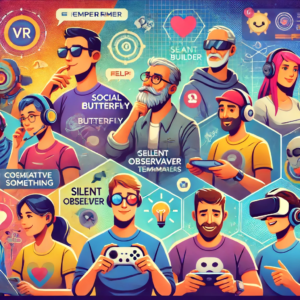Blog Series Plan: Mental Health and Social Media Misuse
1. The Digital Aftermath: How Social Media Harassment Harms Mental Health
Social media harassment often leaves victims in severe distress. This article explores the psychological effects on survivors of online abuse, from anxiety and depression to PTSD. We’ll include recent statistics – for example, nearly 93% of cyberbullying victims report negative mental health impacts
avast.com, and 41% report symptoms of PTSD lasting over a year after the attacks
asanarecovery.com. To reflect lived experiences, we highlight survivor stories (e.g. a writer who became “very anxious and depressed” due to online harassment onlineharassmentfieldmanual.pen.org). Readers will learn how online abuse can translate into real-world trauma – affecting self-esteem, safety, and even leading to suicidal thoughts avast.com. The tone will be empathetic and educational, underlining that digital abuse is not “virtual” in its impact but a genuine mental health concern. Key takeaways will include the importance of acknowledging victims’ pain and seeking support or therapy as needed.
#MentalHealthMatters, #StopOnlineAbuse, #SurvivorVoices
2. Time to Log Off: Why Convicted Abusers Should Face Social Media Bans
There is a growing call for legal reform that imposes “digital restraining orders” – temporary internet and social media bans on individuals convicted of abuse or subject to Apprehended Violence Orders. This advocacy piece makes the case for such bans, arguing they protect survivors during the critical aftermath of violence. We contrast current practices in Australia and the U.S.: in Australia, violating an AVO via Facebook or messages is already illegal, yet 86% of domestic violence programs report victims being harassed through social media narika.org. The U.S. has First Amendment hurdles, but we note that 18% of Americans have faced severe online threats or stalking pewresearch.org – underscoring the need for bold action. Real examples of tech-facilitated abuse (like abusers using fake profiles to contact victims) will illustrate the dangers. This article educates legal professionals on how such bans could work (e.g. court-ordered no-internet conditions) and addresses possible counterarguments (free speech vs. safety). Clear takeaways: online misconduct has offline consequences, and legal systems must evolve to suspend abusers’ digital access as a form of protection and punishment pewresearch.org. The tone is advocacy-driven, urging lawmakers to prioritize victims’ mental well-being over an abuser’s privilege to be online.
#DigitalJustice, #ProtectSurvivors, #LawReform




